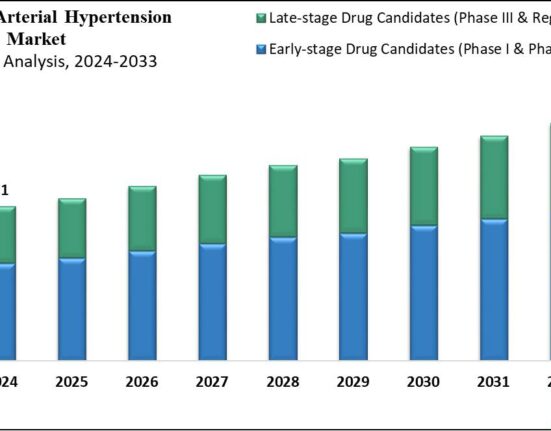As the European Commission announces its proposal to slash net greenhouse gas emissions by 90% compared to 1990 levels by 2040, the implications go far beyond numbers on a page. This ambitious target is not just about reducing carbon footprints; it’s about safeguarding public health, promoting social equity, and enhancing resilience in the face of climate change.
The proposed amendment sets a new course for post-2030 climate policy with a strong emphasis on fairness, acknowledging the social and economic costs of inaction while embracing clean and affordable technologies. According to Sara Bertucci, a policy manager at EPHA,
“An ambitious 2040 climate target is not a threat but an opportunity to protect human health and ensure Europe’s long-term competitiveness.”
A robust commitment to science-based climate action is crucial for building economic and societal resilience. By accelerating emissions reductions across Member States and striving for climate neutrality continent-wide, Europe can alleviate the burden of climate-related health issues, reduce strain on healthcare systems, and pave the way for sustainable innovation.
However, concerns arise over the inclusion of international carbon credits from 2036. While intended to support emissions reductions globally, there are worries about external verification processes’ reliability leading to potential double counting or diverting investments from domestic initiatives. Alessandro Gallina, senior policy manager at EPHA warns that such reliance could delay essential transitions within European economies and hinder immediate health improvements.
The urgency to curb emissions stems from the fact that anthropogenic climate change poses a growing public health crisis in Europe. Fossil fuel combustion releases greenhouse gases and harmful pollutants that not only disrupt weather patterns but also contribute to rising rates of chronic diseases like cardiovascular conditions. The alarming rise in heat-related mortality underscores the immediate need for decisive action.
Europe is warming at twice the global average rate, with heatwaves emerging as one of the most significant threats to human health exacerbated by climate change. The increasing frequency of extreme heat events has led to a surge in premature deaths due to heat stress-related illnesses like cardiovascular diseases. Moreover, climate change facilitates the spread of disease-carrying vectors like mosquitoes into new regions—heightening public health risks.
In addition to direct health impacts, climate change poses cascading risks affecting food security, water availability,and mental well-being across communities. Rising temperatures coupled with disrupted ecosystems threaten agricultural yields,safe water supply,and exacerbate existing inequalities among vulnerable populations who bear disproportionate burdens.
Addressing these challenges requires more than just emission reduction targets—it demands a holistic approach that ensures social equity,integration,and transparency throughout decision-making processes.Ambitious climate goals offer economic opportunities through renewable energy investments,clean technology development,and job creation.Although some sectors may experience transition challenges,the overall benefits include inclusive growth,increase dinnovation,and long-term prosperity across all regions.
Empowering communities,directly engaging citizens,and prioritizing transparency will be critical components in achieving fairand effectiveclimate policies.Transparency fosters accountability,strengthens trust,bolsters social equity,and ensures intergenerational fairness—essential elements for securinga healthier,sustainable futurefor all Europeans.
In conclusion,the successoftheEU’s2040 climatetarget hinges upon its ambitionand steadfastcommitmentto protectingboththe environmentandpublichealth.Combatingclimatechange entailsloweringhealthcare costs,fosteringeconomicresilienceandsocialwell-being while enhancingEurope’scompetitiveness.Withclearaccountabilitymechanisms,inclusiveparticipation,and transparent governance,Europemust embrace solutions that driveprogressacrossall sectors,promotingfairdistributionofbenefitsand ensuringno communityis left behind.This moment presentsan opportune timeforthe EUto charta path towarda healthier,fairer societythat canwithstandthechallengesposedbythe changingclimateand securelong-termprosperityforall.









Leave feedback about this